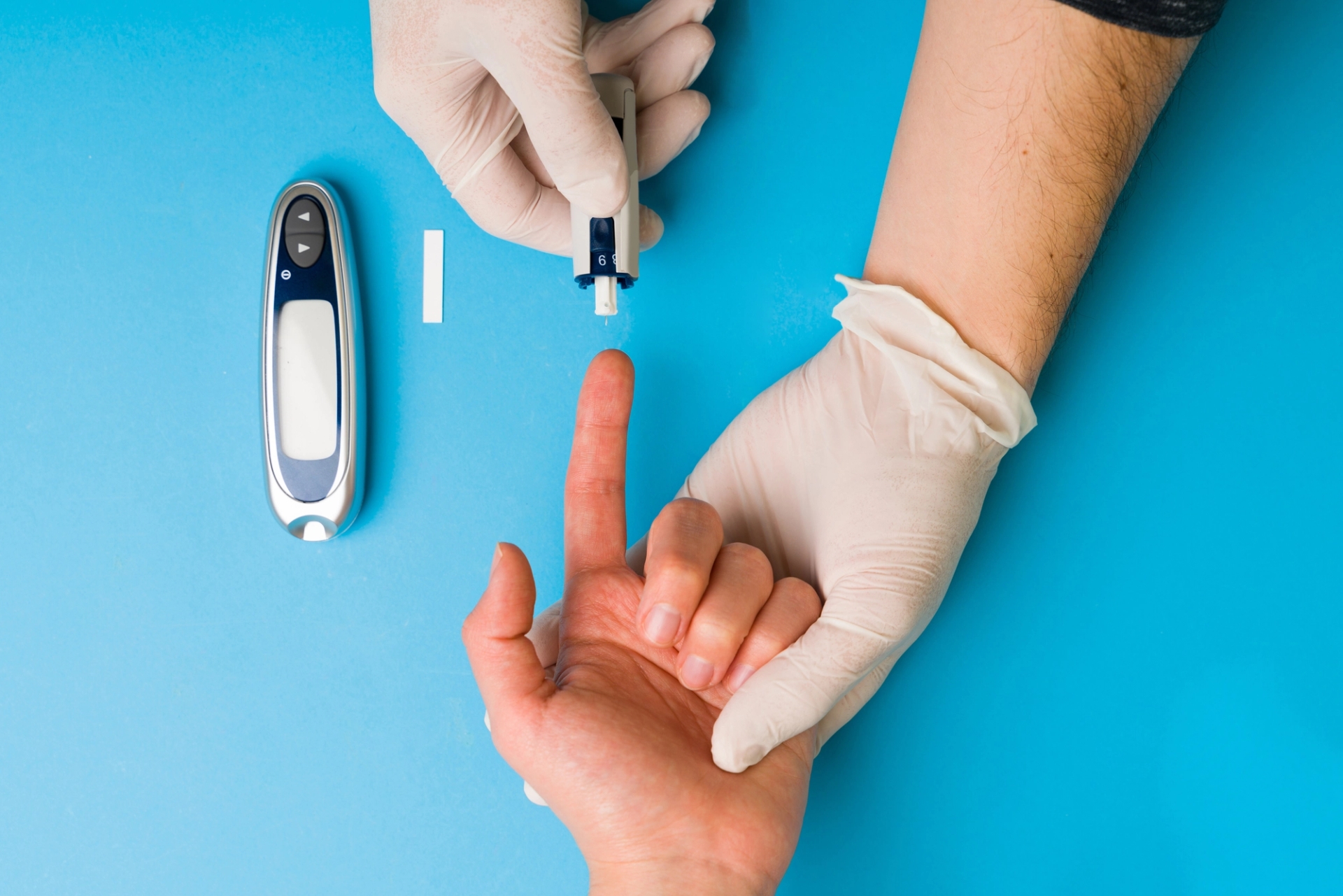- For Patients
- For Providers
info@violetinfusions.com
2256 Orchard Lake Rd. Sylvan Lake, MI
(248) 416-1499
(248) 971-1201
Table of contents
Early screening for type 1 diabetes can help identify those at risk and enable timely intervention with Tzield to delay disease progression. Learn about the importance of getting tested and how Tzield is changing the landscape of type 1 diabetes management.
With new advancements in drug manufacturing and research, it is now possible to delay the onset of type 1 diabetes in at-risk individuals. The FDA's recent approval of Tzield (teplizumab-mzwv), a groundbreaking treatment, offers hope to those in the early stages of developing type 1 diabetes.
How Tzield Works
Tzield works by modifying the immune system's attack on insulin-producing cells, potentially postponing the need for insulin injections by several years. This delay is crucial, as it provides a window of opportunity to prepare mentally and physically for managing the disease.
The delay provided by Tzield is significant because it slows the progression from stage 2 to stage 3 type 1 diabetes. In stage 2, individuals have two or more diabetes-related autoantibodies but normal blood sugar levels. Without intervention, the immune system continues attacking insulin-producing beta cells, leading to stage 3, where not enough insulin is produced, and symptoms of type 1 diabetes appear.
As the Dosing and Administration Guide for Tzield states:
TZIELD® (teplizumab-mzwv) is a CD3-directed monoclonal antibody indicated to delay the onset of Stage 3 type 1 diabetes (T1D) in adults and pediatric patients aged 8 years and older with Stage 2 T1D.
The Importance of the Delay
By postponing this progression, Tzield provides precious time. It allows individuals and families to prepare emotionally and practically for insulin dependence. This might include learning about proper nutrition, getting comfortable with blood sugar monitoring, and working with diabetes care teams to create management plans.
Importantly, the delay also reduces the risk of life-threatening diabetic ketoacidosis (DKA) at diagnosis. DKA occurs when the body produces high levels of blood acids called ketones due to lack of insulin. It can be fatal if not treated promptly.
Furthermore, research suggests that even a few years delay in onset can lead to reduced long-term complications. The more time someone has with preserved beta cell function, the better their glucose control and outcomes tend to be down the road.
In short, the delay Tzield offers is a vital window - a chance to breathe, to plan, to hope. It's an opportunity to potentially change the course of the disease. But it's an opportunity that depends on spotting type 1 diabetes early through screening. The sooner we know, the more power we have to intervene and make a difference.
The Urgency of Early Intervention
However, time is of the essence when it comes to using Tzield effectively. The drug is most beneficial when started in stage 2 of type 1 diabetes, before symptoms appear and insulin dependence develops.
This underscores the importance of early screening for those at risk due to family history or other factors.
The Power of Early Detection
It's more important than ever to screen for type 1 diabetes (T1D) because:
- Early detection is key: Catching T1D in its earliest stages, before symptoms appear, can prevent serious complications and improve long-term outcomes.
- New treatments are available: With the FDA approval of Tzield, people at high risk for developing T1D now have a groundbreaking option to delay disease onset. The sooner T1D is identified, the sooner interventions like Tzield can be started.
- Screening is simple: A few drops of blood is all it takes to test for the antibodies that signal T1D is developing. Screening programs make it easy and often free to get tested.
- Time is of the essence: Because Tzield works best in the early stages of T1D, getting screened as soon as possible is critical for those at risk. Timely screening and detection creates a vital window of opportunity.
- Knowledge is power: Even if Tzield isn't started immediately, knowing T1D is developing allows for closer monitoring, lifestyle changes, and mental preparation that can make the transition easier when insulin is eventually needed.
In this new era of T1D prediction and prevention, vigilant screening is one of the most important tools we have to change the trajectory of this disease. If you're at risk, getting screened could be life-changing.
Recommended Blogs

Introduction
Although Dementia and Alzheimer's are not the same thing, they are often used interchangably. The key difference is that Dementia is an umbrella term that describes a collection of symptoms that include severe decline in mental abilities due to the brain's physical deterioration. Alzheimer's disease is a specific type of dementia that is progressive and associated with early onset memory troubles.

Providers – ready to learn more?
Request a visit from a Violet Health representative and a member of our team will come to your office to discuss our services.






Comment Down Your Thoughts